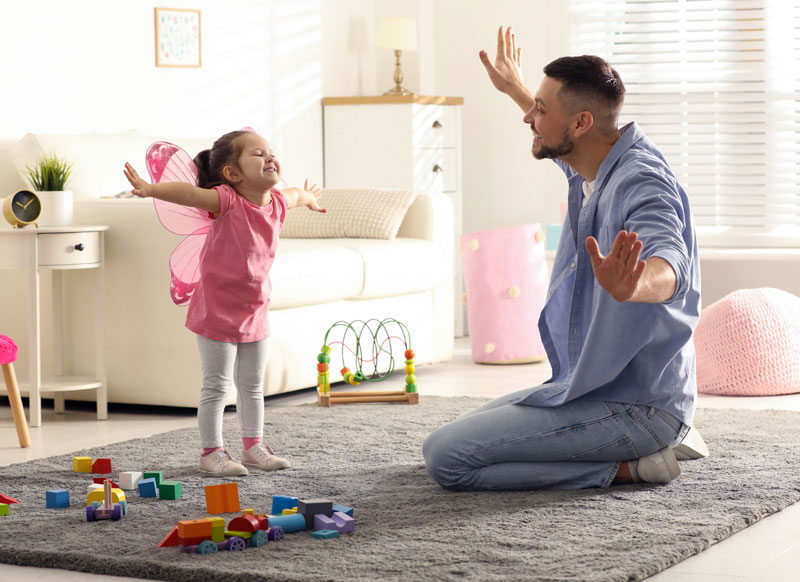
by NeurAbilities | May 6, 2021 | Blog, Development, Developmental Page, Featured, Home Guide
By Azlen Theobald, PsyD, Post-Doctoral Fellow in Neuropsychology 1. Engage with your kids Set limits on work and home time so it doesn’t blend together. Try to have dinner as a family, and ask children about their days. Make sure they know parents are available...
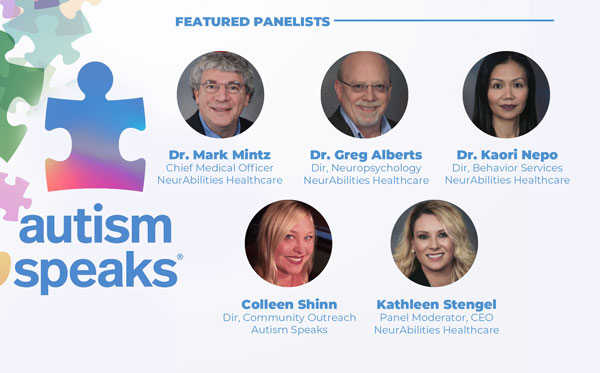
by NeurAbilities | Mar 30, 2021 | ABA Page, Autism, Autism Page, Blog, Community, Developmental Page, Neuroscience Page, Psychological Page, Webinars
A Collaborative Approach in Caring for Children With Autism Spectrum Disorders Thank you to Autism Speaks for co-hosting this Webinar Panel presentation! Learn how collaborative approaches that highlight the strengths of a child with autism, while recognizing their...

by NeurAbilities | Feb 11, 2021 | Autism Page, Blog, Development, Developmental Page, Featured
Ask the Doctor: Amir Miodovnik, M.D., Developmental-Behavioral Pediatrician, NeurAbilities Healthcare How do I know if my child has developmental delays and who do I contact to find out? Parents know their child better than anyone. If you have concerns about your...
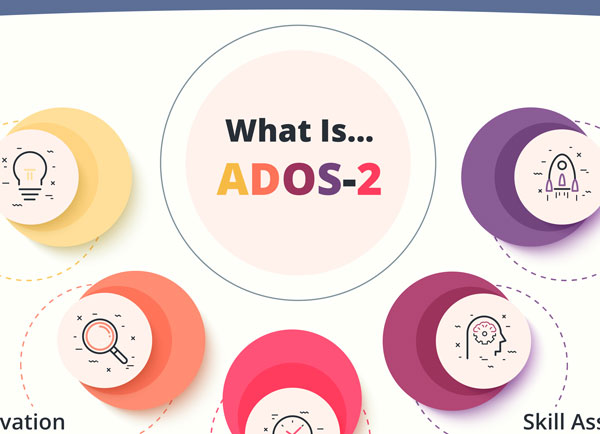
by NeurAbilities | Feb 8, 2021 | Autism, Autism Page, Blog, Developmental Page, Featured, Neuroscience Page, Psychological Page
Click on the picture to view the full size version… Contributed by Azlen Theobald, PsyD Neuropsychologist EVALUATING FOR AUTISM SPECTRUM DISORDER Autism Spectrum Disorder (ASD) is a neurodevelopmental disorder that involves the brain’s development affecting...
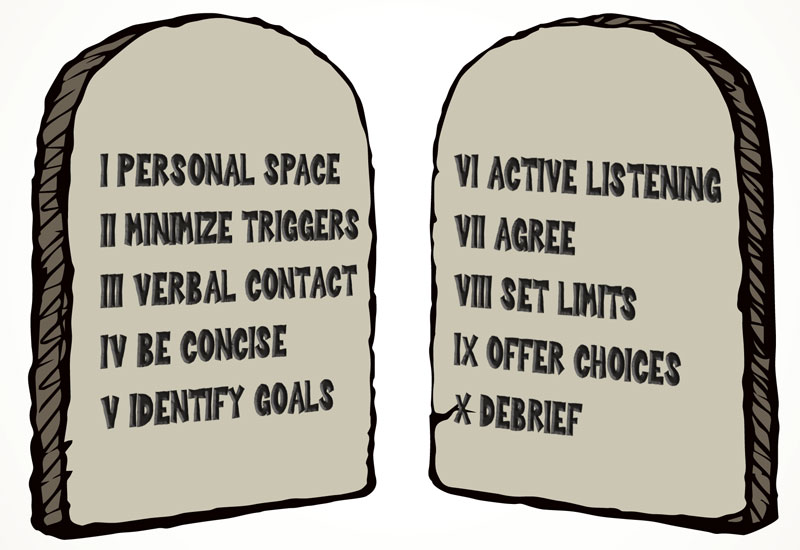
by NeurAbilities | Jan 14, 2021 | Behavior, Blog, Developmental Page, Featured
I Personal Space- Two arms-length from patient- Unobstructed path from room II Minimize Triggers- Stay calm- “Open” body language- Body positioning III Verbal Contact- Identify lead communicator- Introduce yourself- Provide reassuring statements IV Be...
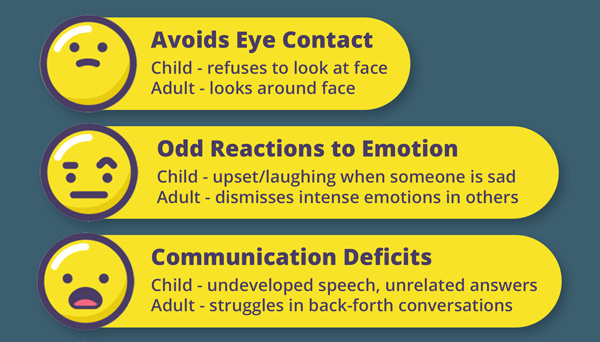
by NeurAbilities | Dec 30, 2020 | Autism, Blog, Developmental Page, Featured, Psychological Page, Social Skills
Contributed by Michael Baniewicz, PsyDNeuropsychologist 5 Symptoms of Social Communication Deficits Avoids Eye ContactChild- refuses to look at face Adult- looks around face Odd Reactions to Emotion Child- upset/laughing when someone is sad Adult- dismisses intense...








